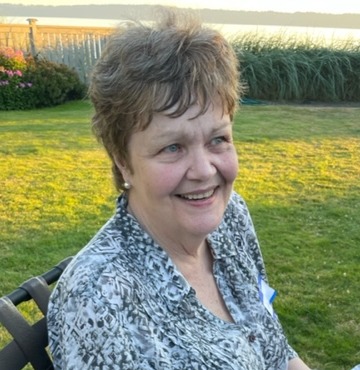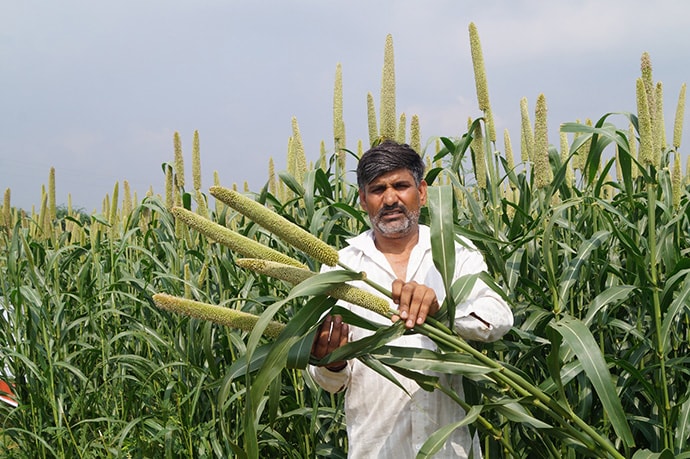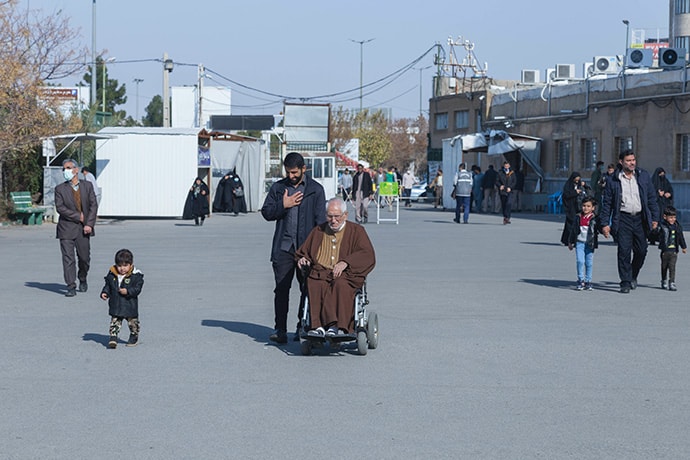Blog
Posted on May 24, 2023
By Susan Sola – Pangea Latin America Pod Chair, May 21, 2023

Along with other LA Pod members, I recently attended a panel presentation “Corruption and Impunity: A Crisis of Democracy in Guatemala.” The panel included representatives from Acción Ciudadana (Guatemalan Chapter of Transparency International); Seattle International Foundation; Global Rights Advocacy; and the Seattle Office of Immigrant & Refugee Affairs, most of Guatemalan origin, as well as young members of Global Visionaries. All were very frank, knowledgeable, and uniformly pessimistic about the country’s near-term future.
Continue Reading
Posted on May 17, 2023
By Debika Goswami, Senior Program Lead, S M Sehgal Foundation

Farmer in his millet farm in Nuh, Haryana, India. Photo: S M Sehgal Foundation
In the culinary history of India, the existence of millets, also known as nutri-cereals, can be traced back to 4500 BC, which indicates it was an integral part of local food cultures for centuries. However, millet varieties were referred to as coarse grains in the post-Green Revolution phase in the later twentieth century. They were rapidly replaced by their more-refined counterparts, wheat and paddy, as significant staples in the agricultural landscape of India. With the marginalization of millets as a staple on consumers’ plates, its cultivation also became less cash remunerative. Hence, millet’s share in the total grain production of India gradually decreased from 40 to about 20 percent.
Continue Reading
Posted on May 15, 2023
By Stephen Meyers, Associate Professor of International Studies and Law, Societies & Justice Director, Center for Global Studies, University of Washington

Man in wheelchair, Iran. Photo: Javad Esmaeili, Unsplash
Persons with disabilities and older persons, defined as 60 years of age and above, represent two of the most significant constituencies for achieving global development. Less than 1% of official foreign aid, however, reaches persons with disabilities and older persons despite their human right to development being clearly defined in international law and policy. The Convention on the Rights of Persons with Disabilities, which was adopted by the United Nations in 2006 and currently has 186 States-Parties, mandates the inclusion of persons with disabilities in all aspects of development through Article 32 on International Cooperation. In regards to older persons, Michelle Bachelet used her term as UN High Commissioner for Human Rights to make the argument that “older people should be able to actively participate and contribute to sustainable development,” and their marginalization from development constitutes a human rights violation.
Continue Reading


